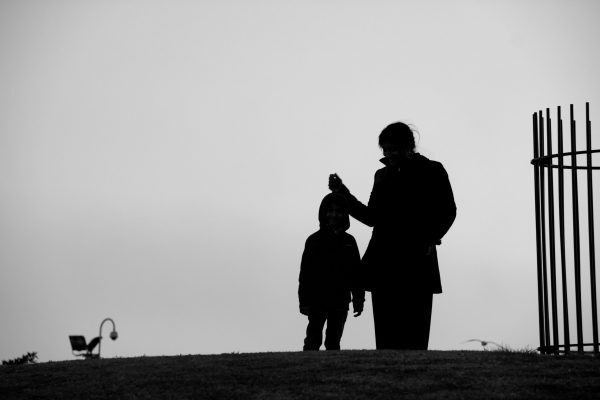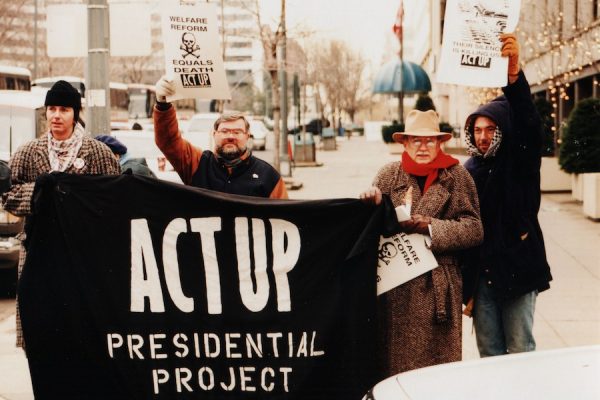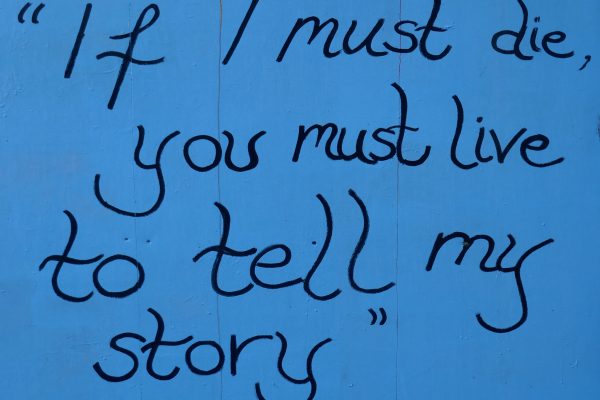Eugene Rivers’ “Beyond the Nationalism of Fools” is the kind of essay I’ve come to expect from the Boston Review’s “Democracy Project”: measured, challenging, and (I hope) productive. I wonder what the United States would be like if our national policy discussions were comparably substantive — or, for that matter, if publications like the New Republic, the Village Voice, the New York Times Book Review, or Dissent had had anything useful to say about the role of black intellectuals in response to my essay in the New Yorker and Robert Boynton’s in the Atlantic. I began writing my article during election week in 1994, which is one reason why I closed it with the suggestion that the largest challenge facing progressive black intellectuals is to relegitimate the public sector. And I’m not surprised that Rivers has taken that suggestion much further than I did; after all, another of the reasons I wrote what I wrote was that I had read — and was thinking of — his noted Boston Review essay of fall 1992, “The Responsibility of Intellectuals in the Age of Crack.” On the question of how, or whether, intellectuals can serve disenfranchised constituencies, I’m happy to acknowledge Rivers’ influence.
I applaud Rivers’ willingness to condemn what he rightly calls the “nationalism of fools” (Jeffries, Farrakhan et al.) and his demand that we re-engage with “the serious Black nationalist tradition” of figures like Nathan Hare and Harold Cruse — the tradition that “is rooted in politics, culture, and history, not biology.” But I’m especially intrigued by his call to revive “the Atlanta project model” of annual conferences on the material conditions of African-American life. Rivers suggests that such conferences should produce “practical policy recommendations” addressed to “the Black community, faith communities, state and federal government, the private sector, and foundations”; he further suggests that “we should measure the health of a community by the conditions of its least advantaged members,” and gauge the success of the conferences on that basis. To these suggestions I can only offer my agreement and support.
I am, of course, sorry that Rivers agreed with Adolph Reed’s incomprehensible description of my article as a “press release” (I seem to recall that Reed, in his pique, didn’t even stop to find out whether Allan Berube or I had written the thing, and so created a new person named Michael Alan Berube). And I’m unsure about Rivers’ prescriptions for how black intellectuals should address the role of religion. When Rivers calls for “a new, anti-antisemitic Black intellectual movement, aimed at resurrecting a vision of hope and faith in the face of the spiritual nihilism and material decay in our inner cities,” he sounds like Cornel West at his most vague — long on calls for spiritual renewal, short on practical policy recommendations. For the question is not whether Black religious communities should be central to an agenda of renewal, but how and where they can be most effective.
Finally, one last word about race and intellectuals. There’s no doubt that integration has come at a price for the black intelligentsia; indeed, I thought Cornel West’s description of a fragmented and isolated black academic community was, if slightly overdrawn, a reasonably compelling place to begin my account of contemporary black intellectuals. So I have no qualms on integrationist grounds about the kind of neo-nationalism Rivers advocates. But I do want to suggest that the crisis of the Black underclass should not be construed as a concern of Black intellectuals exclusively, any more than anti-Semitism should be considered a problem that only affects Jews. For white intellectuals on the left, the challenge, it seems to me, is to forge a progressive and anti-paternalist agenda that can be of some use to Black intellectuals, teenagers, and working-class activists alike; and joining Rivers’ call for a new Atlanta project — without necessarily insisting on being part of the project itself — seems to me a good place to start.





